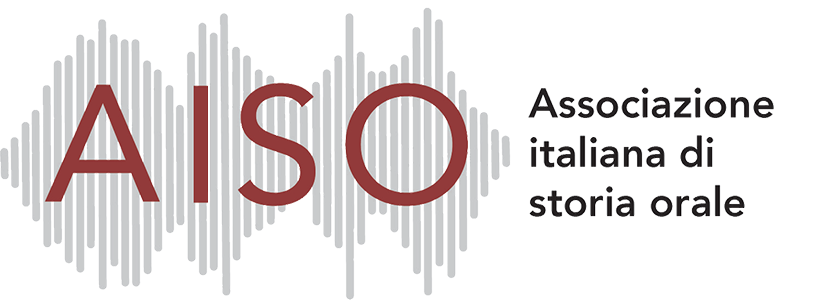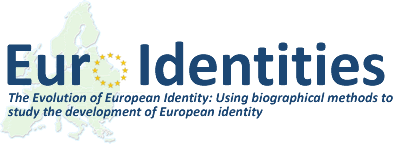.
EUROIDENTITIES – THE EVOLOLUTION OF EUROPEAN IDENTITY
Using biographical methods to study the development of European identity
The EuroIdentities project is using qualitative methods of autobiographical narrative interviewing and analysis, to gain insights into the evolution and meanings of a European identity or identities from the ‘bottom up’ perspective of individual members of European societies.
[To learn more about EuroIdentities , click here . . .]
Coordinated at the Queens University, Belfast, the seven partner teams in EuroIdentities include large and small nations who are partially original and partially accession states located both in the peripheries and the geographical core of Europe.
[To learn more about the partners, click here . . .]
The empirical work of EuroIdentities centres on five ‘sensitized groups’ – aggregates who can be expected that life and work experiences have caused them to confront questions of their own identity in relationship to European topics, questions and matters.
[To learn more about the sensitized groups, click here . . .]
.
ABOUT US
The ongoing constitutional crisis of the European Union highlights that the development of a sense of positive identification with the ‘European project’ by ordinary citizens is crucial for its long-term success. Current state-of-the-art research into European identity has been driven almost exclusively by a ‘top down’ elitist perspective that focuses upon the development of an identification with ‘Europe’ through centrally-driven policies. The EuroIdentities project will use advanced methods of autobiographical narrative interviewing and analysis to gain insights into the evolution and meanings of a European identity or identities from the ’bottom up’ perspective of the individual. This will include investigating the factors that promote or retard a positive identification with ‘Europe’ and the European Community.
The research strategy will be to target five special ‘sensitized groups’ – aggregates whose life experiences will have caused them to confront questions of their own identity within Europe. The five groups broadly conceived are:
-
transnational workers at all levels from menial economic migrants to ‘high end’ technological workers;
-
mature adults who experienced cross-border educational exchange schemes ;
-
farmers subject to Europe-wide markets and systems of regulation;
-
cultural contact workers;
The seven partner teams in EuroIdentities – Queens University, Northern Ireland; Bangor University, Wales; Otto-von-Guericke Universität, Magdeburg, Germany; Lódz University, Poland; Tallinn Technological University, Estonia; Institute of Sociology, Bulgarian Academy of Science; and ‘Federico II’ University, Napoli, Italy – include large and small nations that are original and accession states located both in the peripheries and the core of Europe. EuroIdentites will employ a focused dissemination strategy that will include from the outset interaction with policy makers and others in public arenas at national and European levels.
EuroIdentities is a Framework 7 ‘Socio-economic Sciences and Humanities’ Collaborative Project funded between March 2008 and February 2011 under activity code SSH-2007-5.2.1: ‘Histories and Identities – articulating national and European identities’.

